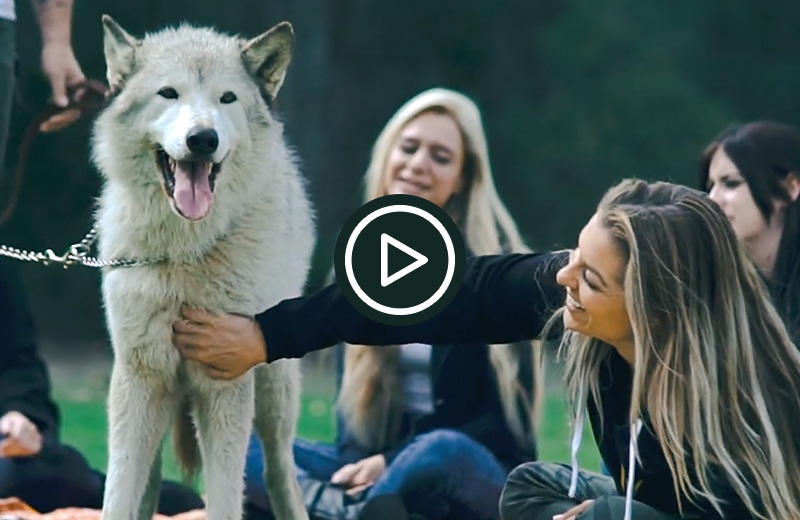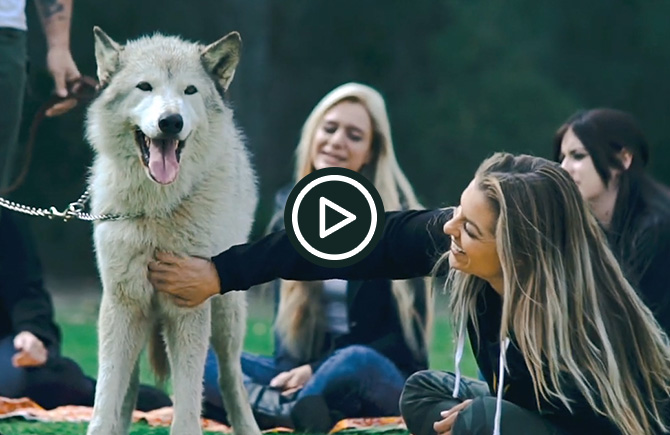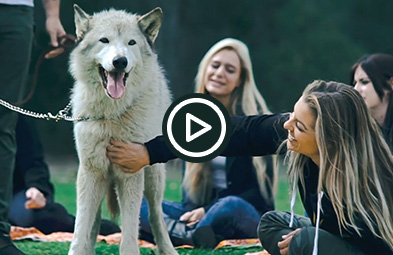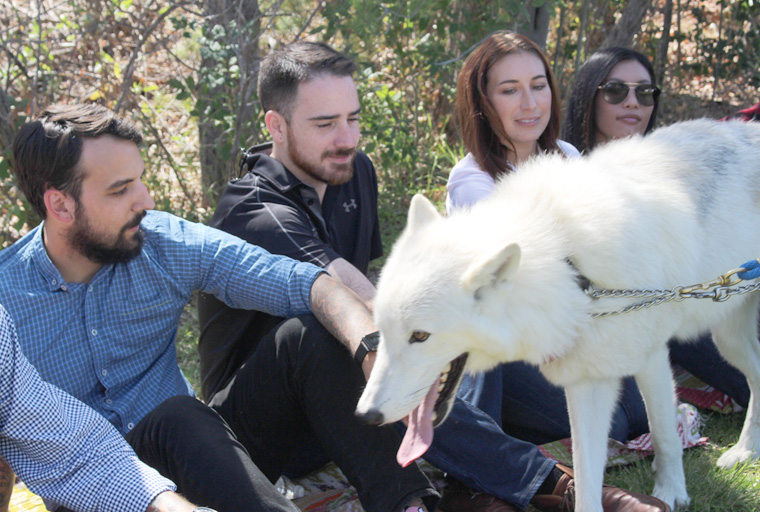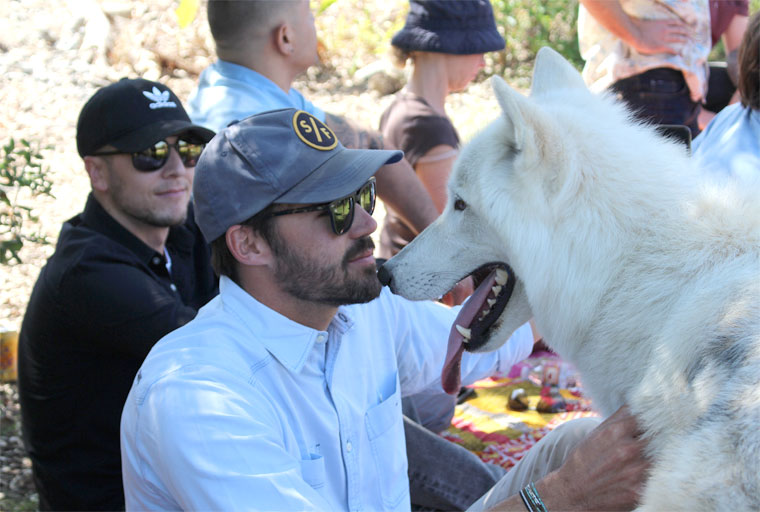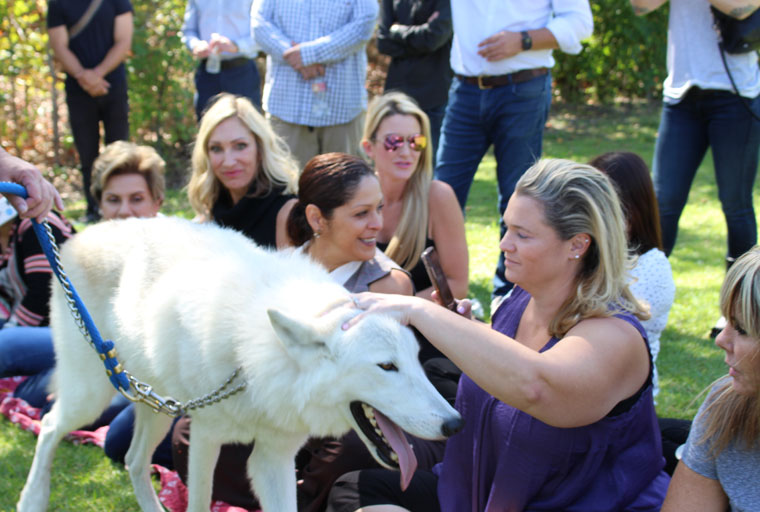The long-standing relationship between humans and wolves is recognized by Native American Indians and now finally recognized in the world of substance abuse addiction treatment. Particularly useful for veterans who suffer from Post-Traumatic Stress Disorder (PTSD) as a result of combat, wolf-assisted therapy utilizes trained wolves or wolf-dogs (animals that were bred between wolves and dogs) to help clients overcome co-occurring disorders associated with substance use disorders.
Why Wolf-Assisted Therapy?
Contrary to popular belief, wolves are highly intelligent animals that are capable of showing compassion, kindness, and sensitivity to human emotion. As children, we were trained to perceive wolves as dangerous (e.g., Little Red Riding Hood, The Three Little Pigs, and the Big Bad Wolf, etc.) but in reality, wolves are shy and sensitive. They have a dual nature, which means they have the capacity to protect and destroy. They travel in packs and instinctively protect each other from dangerous environmental threats in order to survive, much like the protective instinct that soldiers have during combat. Another parallel between wolves/wolfdogs and veterans is their understanding of hierarchy; they understand their individual role within the pack. When conventional therapy doesn’t help, wolf-assisted therapy almost always helps clients gain breakthroughs in their journey to recovery.
How does wolf-assisted therapy work with evidence-based practices?
Wolf-Assisted Therapy is one of many other animal-assisted therapies (AAT) such as Equine Therapy, Canine Therapy, and Dolphin Therapy. The use of animals in substance abuse treatment is instrumental in positively reinforcing the therapeutic relationship between clients and their addiction therapists. People are more likely to trust animals sooner than they would a psychologist in a new treatment setting. Trained, certified wolfdogs teach clients about boundaries and respect while breaking down their defensive guards. Therapists take their clients out on nature hikes along with their wolfdogs to teach them brand new coping skills in a natural environment, which takes them out of their comfort zone. When someone is feeling depressed, these nurturing animals would approach the person and elevate his or her levels of self-esteem. The primal connection between wolfdogs and clients opens doors for therapists to carry out evidence-based practices while clients’ guards are down. Benefits of wolf-assisted therapy include the following:
- Reduced depression and anxiety
- Increased self-control over impulsive behavior
- Improved interpersonal skills
- Better communication skills
- Elevated self-esteem
Addiction Therapists at New Method Wellness will carefully assess the appropriate levels of care for each client to ensure sustainable long-term recovery. Allergy concerns and fear of dogs should be addressed during intake assessment. Wolf-Assisted Therapy is used in conjunction with our comprehensive clinical program to deliver the best treatment outcomes possible.
To learn more, contact New Method Wellness today at (866) 951-1824!


